Joseph, the reader knows, actually was still alive. His brothers sold him into slavery and, rather than reveal the truth, they allowed their father to believe that he was dead. As a slave, Joseph suffered a series of setbacks and redemptions that eventually led him to greatness. He became the viceroy to Pharaoh in faraway Egypt.
But Jacob did not know about any of that and it was of no help to his grief. It actually may have made matters worse.
Rabbinic tradition puts great emphasis on the intensity of Jacob's inconsolable grief. There is a teaching that says that it is God's compassion that allows people to gradually release themselves from the memory of people who have died. However, Jacob could not be comforted because Joseph was not really dead and, therefore, he could not be forgotten. Jacob's pain remained as intense as it was in the first moment after he heard of Joseph's death (B. Soferim 43b).
The grief in this story is not limited to Jacob. When family's shatter and fall apart, loss is experienced by everyone in different ways. Each person responds to grief differently. As viceroy of Egypt, Joseph tested and tormented his brothers, and that may have been a part of his way of acting out the grief of losing his family for so many years.
Joseph kept his identity hidden from his brothers. They did not recognize him when they came before the viceroy of Egypt to request food to keep them from starvation. Joseph added to the deception by falsely accusing the brothers of being spies. He told them that they had to bring their youngest brother—Joseph's only full brother, Benjamin—if they ever wanted to seek food from him again.
When the brothers returned to their father, and told Jacob that they would not be able to get more food from Egypt without bringing Benjamin, it triggered every fear within Jacob from the loss of Joseph. Jacob, it seemed, would have preferred to starve rather than risk a second loss. Eventually, he relented, but only after one of the brothers, Judah, swore upon his life that the boy would return alive.
When Jacob's sons did bring Benjamin to Egypt and Joseph saw his full brother for the first time in decades, Joseph committed his final deception by falsely accusing Benjamin of stealing. He held Benjamin as a prisoner and told the other brothers they would have to leave him behind in Egypt.
For the brothers, the moment was a repetition of the sale of Joseph. Would they again abandon their little brother? Had they learned anything from the grief of their father and the guilt of their crime?
This week's Torah portion begins with Judah, who was still unaware of the viceroy's true identity, giving an impassioned speech to Joseph. He pleaded for the release of Benjamin. In the speech, Joseph heard his brother's true repentance for selling him into slavery. Judah told the viceroy of their father's debilitating grief after the loss of his favorite son and how the loss of another favorite son would kill him. Joseph could not contain himself any longer. He cried out, "I am Joseph! Does my father still live?" (Genesis 45:3).
Grief and loss pervade the story. On the one hand, there was the pain of the brothers as they re-experience the trauma and guilt of losing Joseph. For Joseph, there was the agonizing grief of losing his entire family and not being able to reveal himself to them after so many years. Most of all, there was the unquenchable grief of Jacob, the man who could never forget the loss of his favorite child.
The story forces us to wonder about the nature of grief, sorrow and sadness. Loss is a necessary part of life, so grief, too, must be part of our existence. But Jacob's torment was beyond ordinary grief.
We know of such grief. We know of people who experience such profound and long-lasting grief that it seems to prevent them from ever knowing joy again. Judaism has something to say about such grief.
In Jewish tradition, grief is not a sin. Yet, there is a recognition that even the most dire sin is not as soul-wrenching as unrestrained grief. Deep and long-lasting sadness is dangerous and a person is urged to avoid it as one would avoid walking near an abyss.
In Chasidic teachings, which emphasize the importance of joy and avoiding sadness, the masters say that a Jew "must always be filled with joy." Yet, there is a recognition that this is not always an easy thing to achieve, especially in the face of grief.
Today, we generally think about prolonged and deep grief as a sign of depression. It is an illness that affects a person's capacity to feel hope. When we are depressed, our ability to imagine a positive future is compromised and we feel incapable of taking any action to make our situation better.
Yet, as an illnesses, depression can be treated. There are things that we can do to find our way back toward joy when we are depressed. In helping people who are depressed, I generally recommend that they seek counseling from a qualified professional. I also suggest that they do simple things that can help them rediscover hope.
Laughing, singing, dancing, meditating, praying, walking outside, painting, writing, and planning for the future are all things that I have seen people do to help themselves out of the hopelessness of depression. Most of all, I have found, that when depressed people do things to help others, it helps them to renew their own capacity to find joy in their own lives.
The Joseph story comes to its climax this week with the revelation of Joseph to his brothers and Joseph's reunification with his father. The separation and loss that led to grief came to an end, but the aftereffects of grief remained.
Joseph's brothers continued to be wary that their brother would seek revenge against them after their father's death. Joseph, too, seemed to have a permanent emotional separation from his brothers. Before his death, Jacob offered blessings to his sons that reflected the bitterness of his years of grief. We are reminded that the acute pain of grief can be comforted, but it never can be fully healed.
I know, as I write this, that many people struggle silently with grief. I know that there are times when depression seems like a bottomless pit from which there is no exit. The story of Joseph can feel like a betrayal to people who know that they, unlike Jacob and Joseph, will never again see the people they miss.
Yet, the story can be a reminder that we can take action to emerge from sorrow. Joseph and his brothers found a way to heal the pain of their separation. Jacob did renew his life. He embraced his grandsons and saw the light of their father's eyes within them.
We can seize our lives and become our own champions. We can find ways to take simple steps toward new hope.
Other posts on this topic:
Devarim: How?

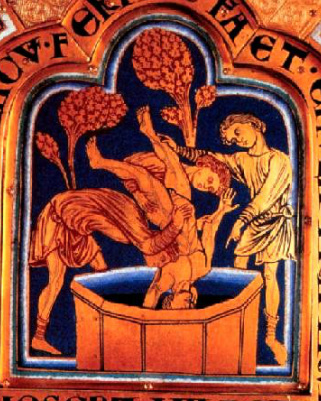
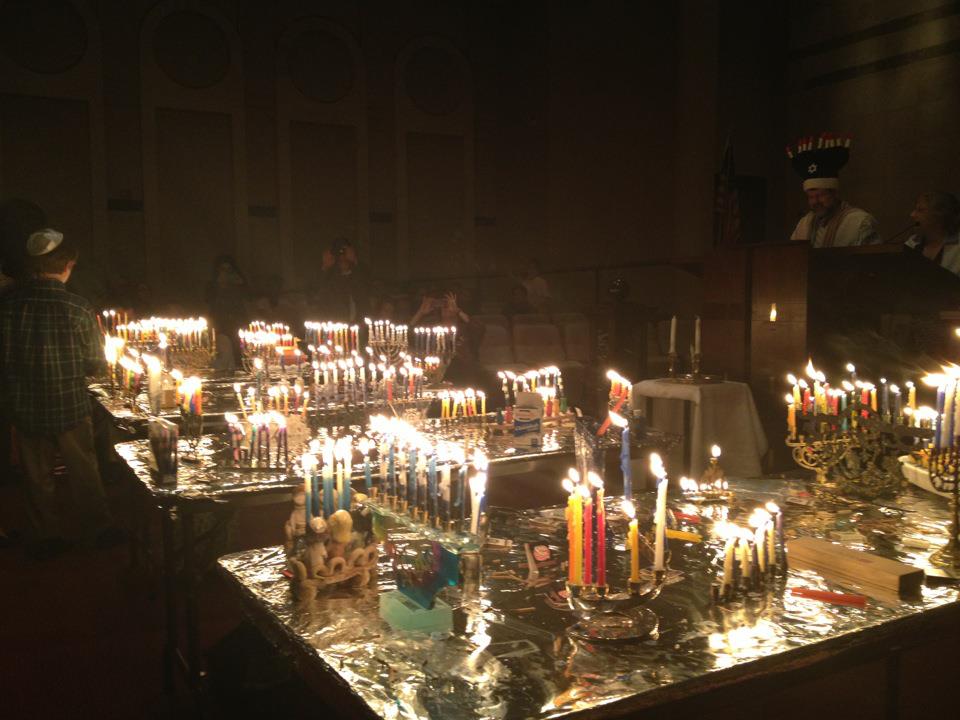
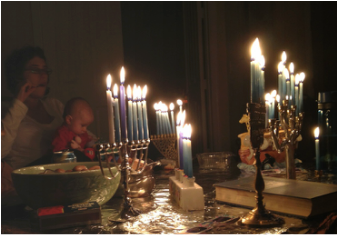
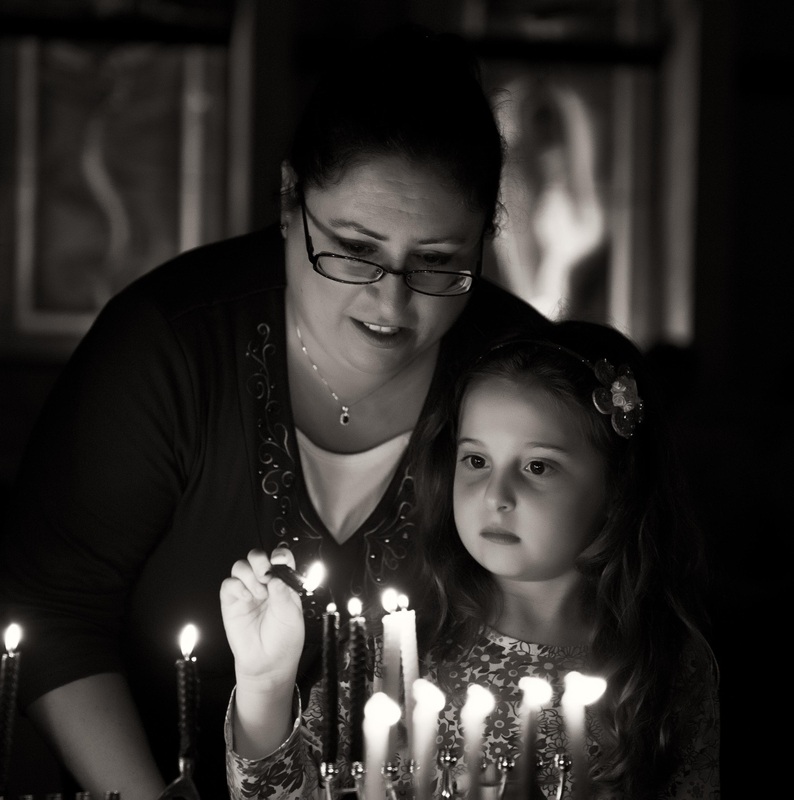
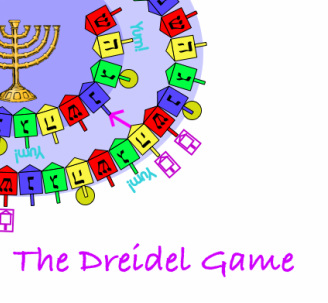
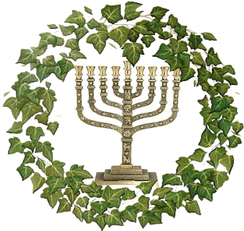
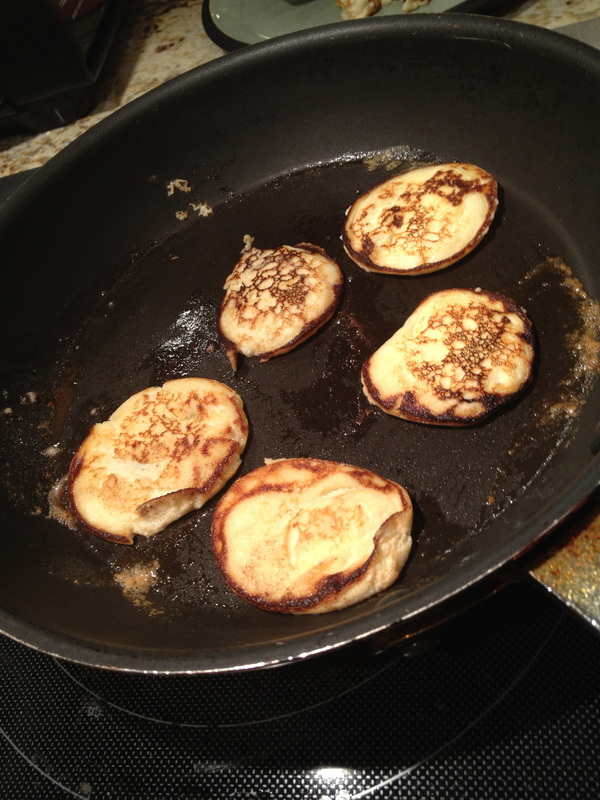
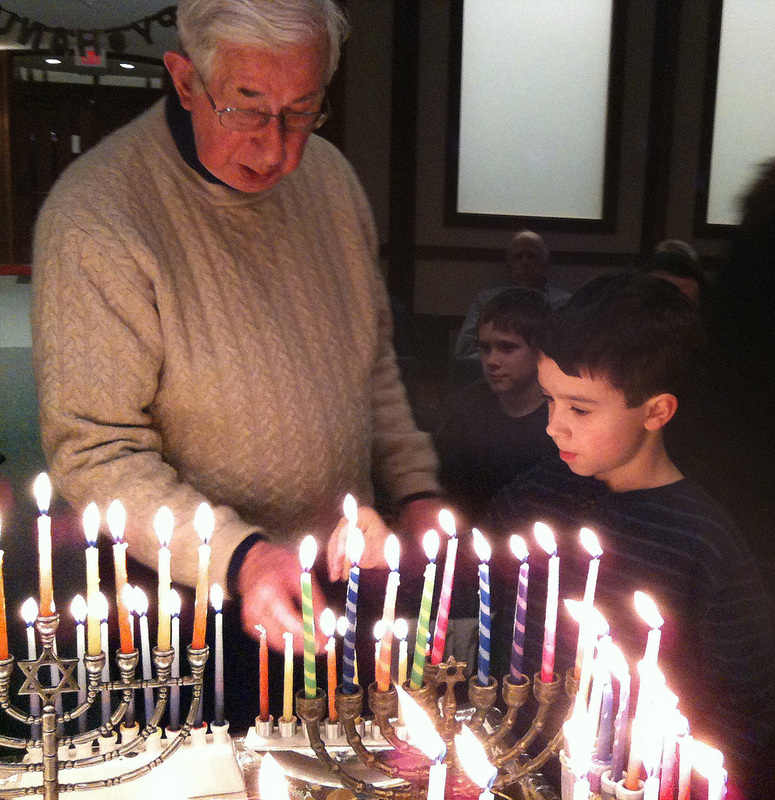
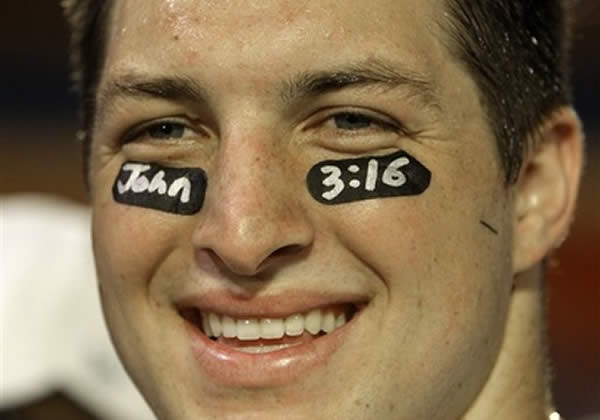
 RSS Feed
RSS Feed
